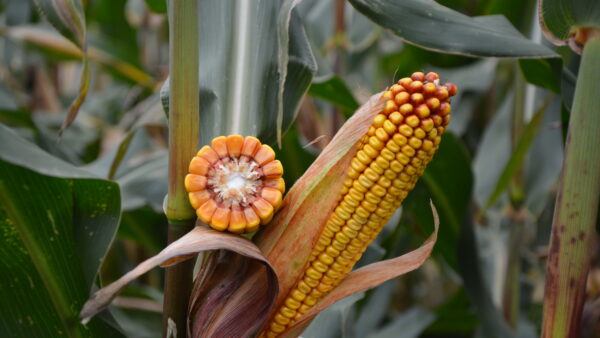There are multiple definitions of sustainability in agricultural production, and they vary depending on where you are along the value chain.

For a farmer, sustainability may be the ability to continue operating into the future, while also being able to pass the farm down to the next generation. However, in a broader context, sustainability also encompasses mitigating changes to the climate and adapting to the effects of climate change.
Canadian agriculture’s quest towards sustainability gained a new champion on May 3, when Agriculture Minister Marie-Claude Bibeau clarified the federal government’s regulatory position on gene editing in Canada.
The announcement and resulting celebration by seed developers, farmers, and the grain industry was a prime example of how the concept of sustainability unites all stakeholders along the value chain.
Bringing clarity to the government’s position on gene editing was crucial in sending positive signals to both the industry and farmers in Canada that, when it comes to new breeding techniques, Canada is a welcoming place for new ideas and technologies. Moreover, it indicates that the government is in favour of the agriculture sector using new innovations, such as gene editing, to promote sustainable production and recognizes seed innovation’s contribution to supporting food security regardless of calls to reduce the overall footprint of agricultural production. This acknowledgement is a significant step forward.
Without access to tools such as gene editing, the farming community in Canada would be at a disadvantage compared to other countries around the world. The assurance by the government that gene editing is as safe as conventional breeding is a significant development, and it provides confidence to the industry and the farming community in Canada, as well as our customers worldwide.
It has taken some time for progress to happen in this regard, especially in the policy sphere. The Seeds Canada Sustainability Draft Action Plan that has been recently released acknowledges that sustainability is a topic of conversation that will continue to be important in the future. Therefore, it puts forward several key actions to support advocacy and continuous improvement in this area.
Farmers understand that seed and seed associated technologies have a huge impact on their production. However, they may not always recognize the direct linkages to sustainability. Governments, the international community, and consumers also play a crucial role in sustainability. Governments make policy decisions and may recommend best management practices, and they should encourage farmers to use genetic packages that promote sustainability. Consumers are also interested in the lifecycle impact of their food, and eventually, food companies will need input from crop producers for a complete picture of the footprint of a product.
Moreover, the seed industry needs to focus on its own operations and practices to ensure sustainability. This requires educating our members on the latest innovations and improvements in genetic packages and providing members with the necessary resources to implement sustainable practices on their farms or in their operations This includes all seed industry members from multinationals to single seed growers.
By working together, we can ensure that the seed industry contributes to global food security while minimizing its environmental impact.
This is sustainability in action, and it’s in this spirit that we’ll tackle the topic of sustainability at our annual conference in July, to be held in St. John’s, Nfld. We hope you’ll be there July 10-12. For registration info visit our website.
Also, if you’re a Seeds Canada member, we want you to provide your feedback via our Member Sustainability Survey! If you’re a member of Seeds Canada visit surveymonkey.com/r/WXD7F8Z and fill it out.













